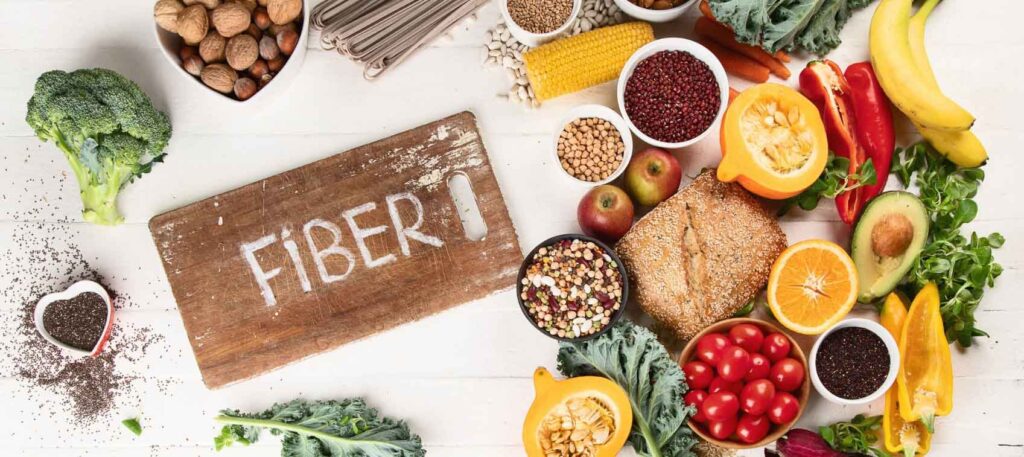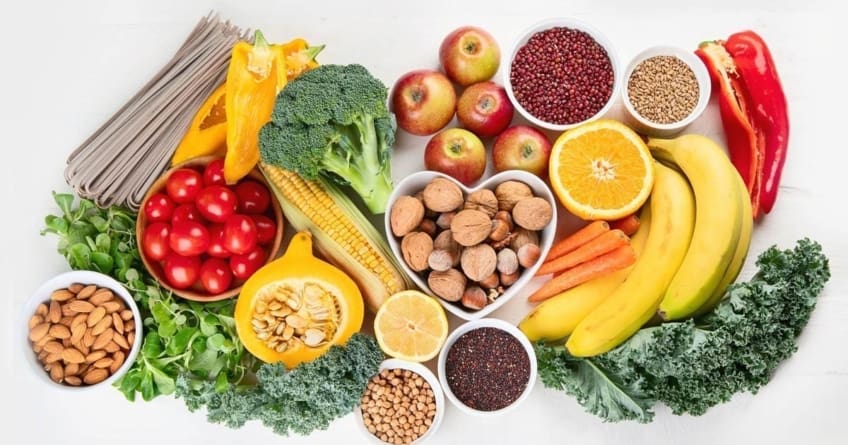
Understanding Fiber: The Unsung Hero of Nutrition
Fiber is a vital nutrient that plays a crucial role in maintaining overall health, yet it remains one of the most overlooked components of our diets. Unlike other nutrients, fiber cannot be digested by the body, which is what makes it so beneficial. Found predominantly in plant-based foods, fiber helps regulate digestion, stabilize blood sugar levels, and promote heart health.
Daily Fiber Recommendations for Indians
The Indian Heart Association recommends that adults aim for 25-30 grams of fiber per day. However, studies reveal that most Indian adults consume only around 15 grams. A practical guideline is to consume 14 grams of fiber for every 1,000 calories consumed. For example, those following a 2,000-calorie diet should target approximately 28 grams of fiber daily.
While increasing fiber intake can yield significant health benefits, exceeding 70 grams in a short period can lead to digestive discomfort, including bloating and gas.
Why Fiber Matters: Key Benefits
Fiber can be categorized into two main types: soluble and insoluble. Both types are essential for maintaining optimal health. Here’s why you should strive for a minimum of 25 grams of fiber daily:
- Improved Digestion: Fiber promotes regular bowel movements and alleviates constipation, making digestion more efficient.
- Gut Health: Soluble fiber acts as a prebiotic, feeding beneficial gut bacteria and enhancing overall gut health.
- Blood Pressure Regulation: High-fiber diets are associated with lower blood pressure and better blood sugar control.
- Cholesterol Reduction: Soluble fiber can help lower LDL (bad) cholesterol levels, reducing the risk of heart disease.
- Satiety and Weight Management: Fiber-rich foods help you feel full longer, aiding in weight loss and management.
- Reduced Disease Risk: A fiber-rich diet has been linked to lower risks of heart disease, type 2 diabetes, and certain cancers, particularly colorectal cancer.

Dietary Modifications for Increasing Fiber Intake
Here are ten tailored tips to help boost your fiber intake in an Indian context:
- Embrace Whole Grains: Opt for whole grains like brown rice, whole wheat chapati, and millets (such as jowar and bajra). These options provide more fiber and essential nutrients compared to refined grains.
- Incorporate Legumes: Add lentils, chickpeas, and beans to your meals. Traditional dishes like dal, chole, and rajma are not only rich in fiber but also packed with protein.
- Snack Smart: Choose high-fiber snacks like roasted chana, hummus with vegetable sticks, or whole grain crackers. These healthier options can keep you satisfied between meals.
- Opt for Fresh Fruits: Instead of fruit juices, choose whole fruits such as guavas, apples, berries, and pears. Whole fruits are rich in fiber and other vital nutrients.
- Highlight Vegetables: Make vegetables the centerpiece of your meals. Incorporate leafy greens like spinach and fenugreek, along with colorful vegetables in curries and salads.
- Start with Breakfast: Kick off your day with a fiber-rich breakfast like oats or poha topped with nuts and fruits. These meals offer a great source of soluble fiber.
- Read Labels: When selecting cereals, look for options that offer at least 3-5 grams of fiber per serving. Traditional Indian options like dalia (cracked wheat) are also excellent choices.
- Make Smart Swaps: For side dishes and snacks, choose whole-grain alternatives, such as whole wheat parathas or quinoa salads.
- Experiment with Seeds and Nuts: Include flaxseeds, chia seeds, and a variety of nuts in your meals and snacks. They provide healthy fats along with added fiber.
- Consider Supplements: If meeting your fiber needs through food alone is challenging, consider a fiber supplement. However, prioritize whole food sources first.
Final Thoughts
Increasing your fiber intake is a simple yet powerful way to enhance your overall health and well-being. By incorporating a variety of plant-based foods, whole grains, legumes, and fruits into your daily diet, you can enjoy the myriad health benefits that fiber offers. Embrace these dietary changes, and you’ll likely experience improvements in your digestion, energy levels, and long-term health!
